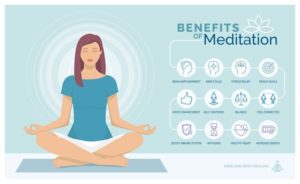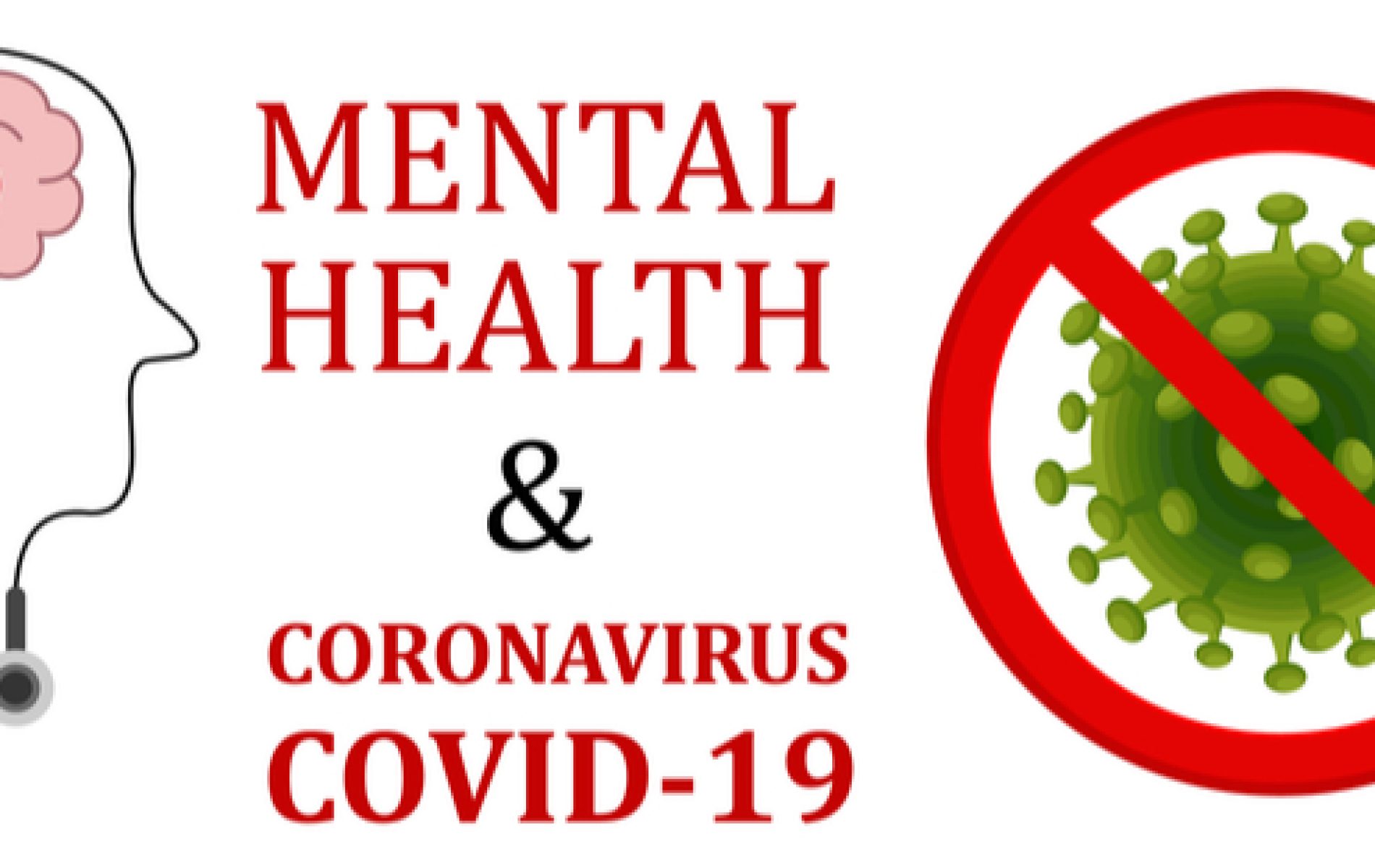Do you ever have trouble clearing your mind of stressful or negative thoughts? Do you ever experience physiological symptoms such as racing heart or sweating when you think about negative thoughts for prolonged periods of time? If you answered yes to these questions, particularly the first one, you should first understand that it is sometimes normal for your body and mind to get stressed out. However, if you feel as though your body is perpetually in a state of stress – like when you are going about your daily routine – that is not normal. While there are a couple of solutions that you can take to address these feelings and symptoms, such as visiting your primary care physician or psychiatrist for a quick fix (i.e., medication), there is one helpful practice that does not require a prescription – meditation.
Your Brain on Meditation
Before you scoff or roll your eyes at the mental image of you sitting cross-legged on the floor with your hands positioned softly on your knees, hear me out. Meditation has been shown to positively affect your health in a number of ways (Innes & Selfe, 2014). Research has shown that even meditating for brief periods (i.e., five times a week for eight weeks) helps reduce perceived stress, depression, anxiety, sleep disturbances, and improve physiological health. Clinicians have even been looking at meditation as a way to improve symptoms associated with Mild Cognitive Impairment (MCI) and Alzheimer’s Disease (Innes & Selfe, 2014). While the research supporting this idea is not vast, observational studies and small clinical trials have seen benefits, in participants with different memory disorders.
Research conducted by the University of Pennsylvania Medical Center showed that more experienced meditators showed significantly higher blood flow to brain regions such as the parietal cortex and prefrontal cortex, areas involved in emotion processing and executive functioning (Fotuhi, 2014). Other studies have shown increased activation in the hippocampus and the hypothalamus, areas responsible for memory and autonomic functioning (i.e., respiratory rate, heart rate, fight-or-flight responses, etc.). You might be thinking, but I’m not experienced! Will I still see benefits even if I’m just starting out? Yes! Even novices will demonstrate increased activation in brain regions responsible for paying attention and emotion regulation after a short period. With practice, however, your brain will literally increase in size, particularly in regions associated with sensory processing, memory, enteroception (i.e., a sense that helps you recognize what’s going on inside of your body), and attention (Fotuhi, 2014; Innes & Selfe, 2014).In addition, meditation promotes activity in the alpha zone, otherwise known as the calm, cool, and collected state of mind. You’ll likely notice this even the first time you try it out.
 The Different Ways to Calm your Mind
The Different Ways to Calm your Mind
If you’re one of those who claims that you don’t have enough time in your day to meditate, I’m calling your bluff. Everyone can find five minutes. Trade a five-minute session of scrolling through social media for five minutes of meditation. I assure you that your brain and body will thank you for it and, let’s be honest, Instagram can wait. If you’re shaking your head because you really can’t find five minutes in your day to do it, practice the 7-7-7 instead. What is that? It’s a deep breathing exercise. You inhale for a count of seven, hold for a count of seven, and exhale for a count of seven. You’re breathing all day without noticing, I’m just asking you to take a couple of minutes to deepen the breaths and focus on it. If that doesn’t sound appealing to you, you can try the 5-4-3-2-1 grounding technique – thanks Keller (our team’s social worker/therapist)! This involves pointing out five things that you see, four things that you hear, three things that you feel (internally or externally), two things that you smell, and one thing that you taste. You can do this anytime, whether you’re stopped at a red light or washing your hands.
On the other hand, if you can find five to ten minutes to meditate each day or every other day, fantastic. Before you start reading about and fretting over the different types of meditation and which one might work best for you, take a deep breath. While it’s true that there are different methods you can try (e.g., guided, unguided, insight, calming, etc.), know that there is no “right” way to meditate. Also, there are applications that structure sessions to include techniques from each method such as “Headspace” and “Calm.” During meditation sessions, you’ll learn about techniques such as focusing attention, body scanning, and noting, to name a few. For a quick glimpse into these techniques, keep reading.
 Focusing Attention: This one circle’s back to the deep breathing I was talking about earlier. All you’re trying to do is focus your attention on your breath. You may find it difficult at first, and that’s okay!
Focusing Attention: This one circle’s back to the deep breathing I was talking about earlier. All you’re trying to do is focus your attention on your breath. You may find it difficult at first, and that’s okay!
Noting: If you recognize that your mind is starting to wander, don’t get upset; just “note” it and refocus on your breaths. By noting, I mean identify what broke your focus. Was it a feeling or a thought? Once you do that, guide your attention back to your breathing.
Body Scanning: This technique helps to connect the mind and body. Imagine sunlight flowing slowly from the top of your head to your toes. While scanning, imagine the light alleviating any aches or tension along the way.
Review and Quick Tips
–Bigger, calmer brain. Remember, practicing meditation not only improves your physiological and psychological health, but boosts brain growth.
–You don’t have to say “ohm.” As you’ve learned, there are different ways to meditate. Try an app such as “Headspace” or “Calm,” or check out a guided meditation on Youtube. If you’re not ready to do that, try the 7-7-7 breathing technique or the 5-4-3-2-1 grounding technique.
-Don’t give in to the fight or flight. Your stress-response might activate and tell you to flee – don’t do it. Meditating regulates autonomic functioning (e.g., stress-response). So, if you meditate, you may be less likely to make dumb mistakes when in dangerous situations.
If you struggle with anxiety and are looking for non-medication alternatives, including meditation and neurofeedback, NeuroGrow Brain Fitness Center is here to help! You can call our office at 703-462-9296 or click here to schedule an appointment.
This blog was written by Brianna Sirkis and edited by Dr Majid Fotuhi.



